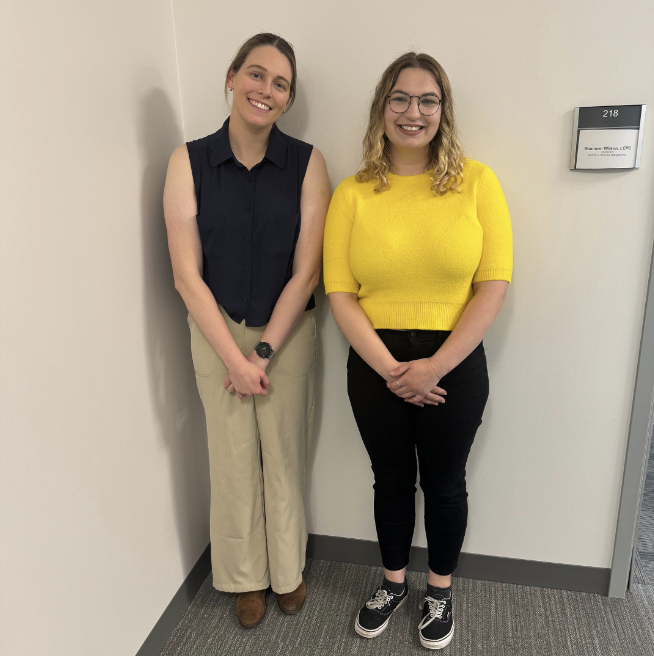FosterClubbers Share Experiences to Improve Child Welfare and Mental Health Training
FosterClub Lived Experience (LEx) Leaders are making a big impact by sharing their stories and ideas to help make foster care better. Their insights on how to offer better support services to the child welfare workforce or adults supporting youth will improve training for child welfare professionals and foster parents. Their main message: Youth should be included in finding solutions, and there are positive aspects to foster care too!
Meet Our Awesome LEx Leaders

L - R: Leanne Brenner (age 27, Maryland), Charissa Keebaugh (age 21, Washington)
These two shared their experiences in an interview with the National Training Institute (NTI), part of the Center for Adoption Support and Education (C.A.S.E.). They provided important feedback on how everyone—from caseworkers and therapists to teachers and foster parents—can better support young people in foster care.
Leanne and Charissa’s Reflections:
"The interview questions were very reflective of and gave an opportunity to provide my story. The NTI team even allowed me the time to give extra feedback at the end of the session—time that focused on how/why youth should be a part of the solution."
- Leanne Brenner (age 27, Maryland)
"It’s easy to freeze and stumble over your story but having time to prep and work together with FosterClub allowed me additional time to plan and work together before sitting down for the interview."
—Charissa Keebaugh (age 21, Washington)
Key Takeaways:
Better Training for Parents
Foster and adoptive parents need more training to handle the unique challenges faced by kids in foster care.
Improved Support Services
More support services are needed, like helping kids stay connected with their siblings and ensuring professionals understand their specific needs.
Youth Involvement
It's crucial to include youth in creating solutions for the foster care system.
Why It Matters:
The insights from Leanne and Charissa will inform NTI's training for foster parents and child welfare professionals, highlighting significant areas for improvement in foster care. By listening to those with lived experiences, we can make sure the foster care system better meets the needs of young people.
